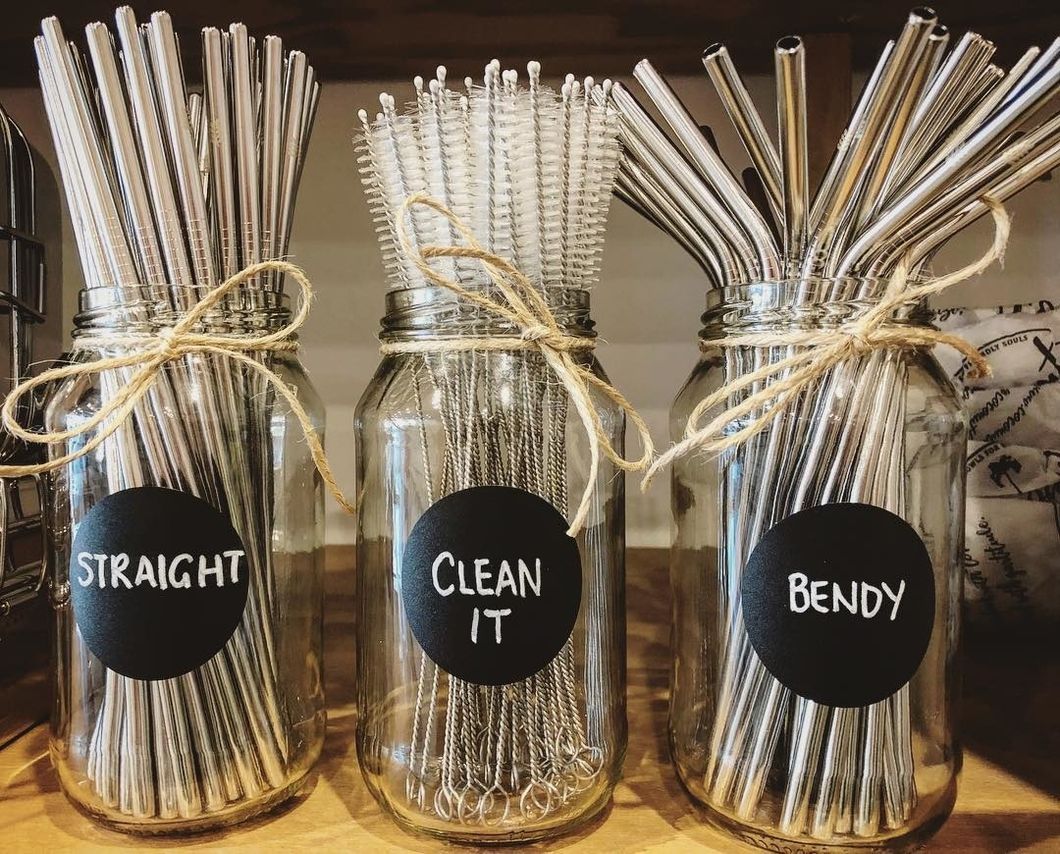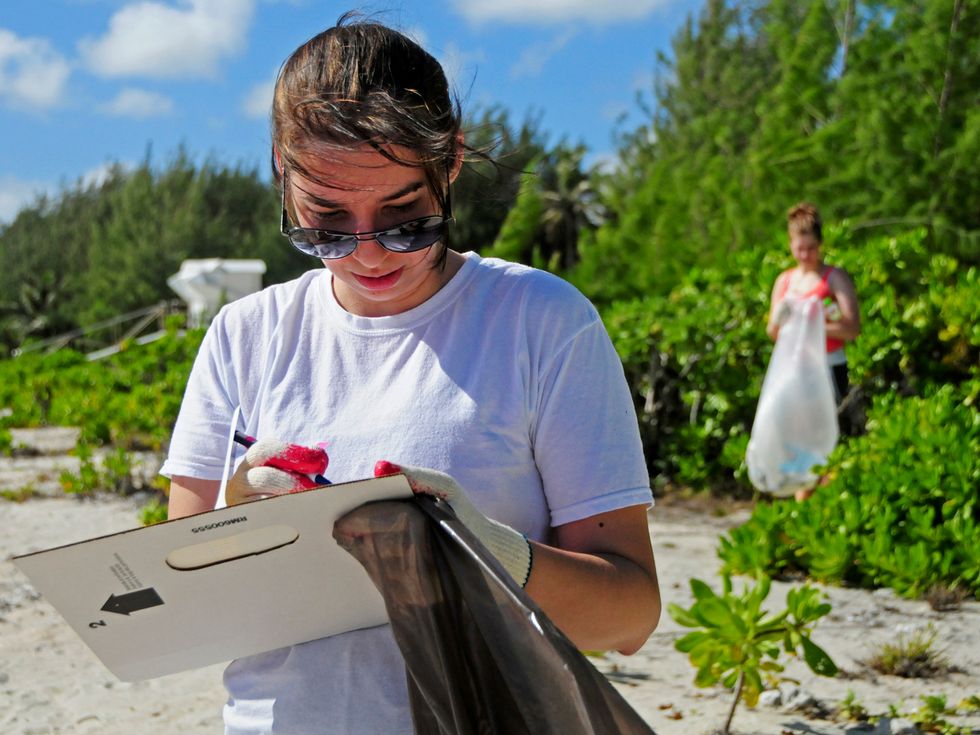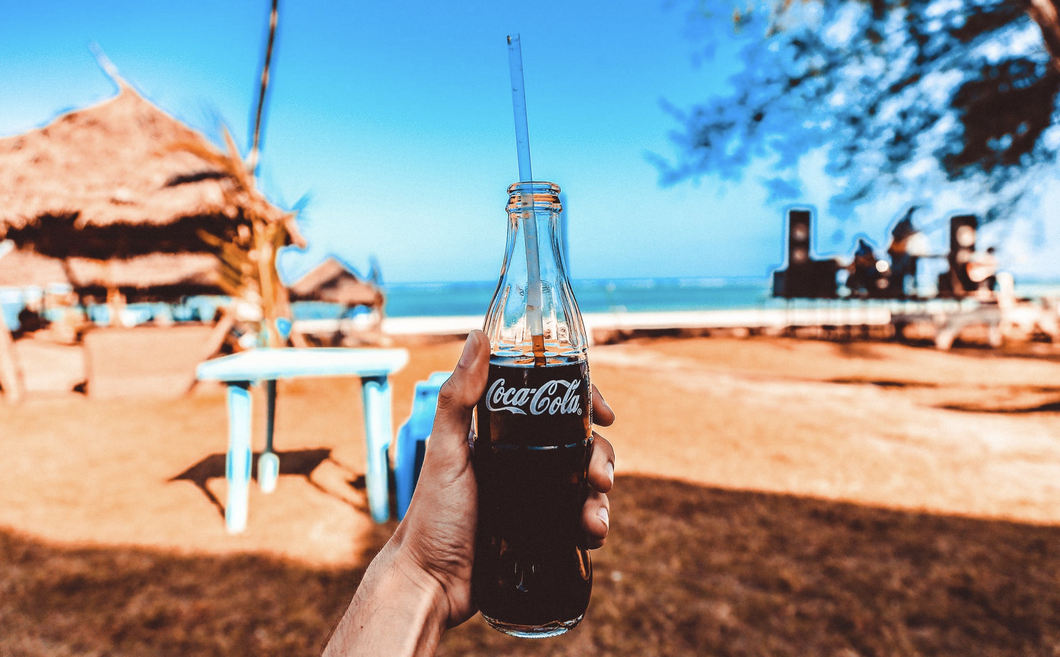Banning Straws Is A Start, But More Needs To Be Done To Slow The Amount Of Plastic Going Into Our Oceans
Paper straws, the new plastic alternative, could make up almost 35% of the market and is growing larger every day.
This past year, one of the hottest topics in the fight to reduce plastics in our oceans was the banning of single-use plastic straws. While it's a great start (and gets people's attention), banning straws alone would barely put a dent in the plastics pile up.
The idea to start banning straws came up when the viral video of a turtle in Costa Rica with a straw stuck in its nose was posted on the internet.
Since then a nationwide craze to ban staws took off with many places hopping on the bandwagon. Starbucks as one of the leading companies to do so. Some companies are even giving the consumer the choice to use a paper straw instead.
Paper straws, the new plastic alternative, could make up almost 35% of the market and growing larger every day. Ultimately it's up to businesses on what they use to replace the straws.
The problem with plastic?
Most plastics are made out of recyclable polyethylene terephthalate (or PET), this means that even only single-use items (such as the straws) can be recycled.
While this type of plastic can be recycled, that is not always what happens to it. Not only does it end up in the oceans, but in landfills and by the millions. It doesn't stop there either. Most of the plastic that ends up in either place, (including straws) is not biodegradable (or can stay in a landfill for hundreds of years).
SEE ALSO: "Soon You Won't Be Sipping Out Of A Straw, But Don't Freak Out, That's A Good Thing"
The best way to keep straws out of landfills (and oceans) is to simply not use them.
It's no wonder many companies and corporations are starting to find solutions to the ever growing problem. Among those ready to ban, or greatly limit distribution are American Airlines, Aramark, Disney, Hilton, Hyatt, Marriott International, Pret a Manger, Royal Caribbean, and Starbucks.
When it comes to how much plastic is dumped into our oceans each year, the number that is often heard over and over again is 8.8 million tons a year. The equivalent of five grocery bags full of plastic along every foot of coastline in 192 countries.
Of course with the banning, comes some backlash among advocates for groups that need the straws due to disabilities. "The disability community is concerned with the ban because it was implemented without the input of their daily life experience," says Katherine Carroll, a policy analyst at the Rochester, New York-based Center for Disability Rights. There are other alternatives besides paper.
Metal, for example, but it can get hard to clean (for those with or without disabilities) or it can become too hot/cold depending on the drink.
The fight against plastic pollution in oceans is not over by a long shot and there is definitely much more that needs to be done, but the reduction of plastic straws is one small step of many towards the goal of hopefully ending (or at least reducing) the plastic that ends up in the world's oceans.
























